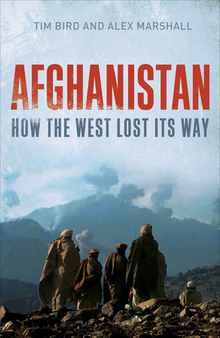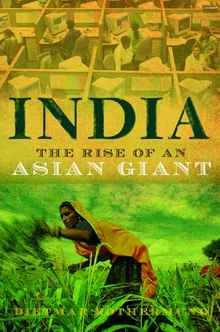Falun Gong
WARNING
You are viewing an older version of the Yalebooks website. Please visit out new website with more updated information and a better user experience: https://www.yalebooks.com
The End of Days
Maria Hsia Chang
Out of Print
The world first took notice of a religious group called Falun Gong on April 25, 1999, when more than 10,000 of its followers protested before the Chinese Communist headquarters in Beijing. Falun Gong investigates events in the wake of the demonstration: Beijing’s condemnation of the group as a Western, anti-Chinese force and doomsday cult, the sect’s continued defiance, and the nationwide campaign that resulted in the incarceration and torture of many Falun Gong faithful.
Maria Hsia Chang discusses the Falun Gong’s beliefs, including their ideas on cosmology, humanity’s origin, karma, reincarnation, UFOs, and the coming apocalypse. She balances an account of the Chinese government’s case against the sect with an evaluation of the credibility of those accusations. Describing China’s long history of secret societies that initiated powerful uprisings and sometimes overthrew dynasties, she explains the Chinese government’s brutal treatment of the sect. And she concludes with a chronicle of the ongoing persecution of religious groups in China—of which Falun Gong is only one of many—and the social conditions that breed the popular discontent and alienation that spawn religious millenarianism.
Maria Hsia Chang is professor of political science at the University of Nevada, Reno.
"Remarkably readable, hugely informative, this book is of the utmost importance not only for scholars but even more so for policy-makers in the Asian and Western democracies."—Arnold Beichman, Hoover Institution of War, Revolution and Peace, Stanford University
"Chinese interest in and practice of religion are extremely complex subjects, but Maria Hsia Chang is the best possible guide—a veteran political scientist, a gifted linguist, and a totally independent observer. Professor Chang analyzes the April 1999 Falun Gong demonstration, the crackdown by the Chinese government, and the continuing persecution of Falun Gong by the regime. This is one of the best books on contemporary China in decades."—Chalmers Johnson, author of The Sorrows of Empire
“This very readable book is the best introduction available to the Falun Gong and the issues raised by its emergence and struggle with the Chinese state.”—Jan S. Prybyla, Pennsylvania State University
“A brief and accessible introduction to Falun Gong that places the movement in political and historical context, and . . . offers a critique of the Chinese government’s policy toward religion that raises important questions about relations between quasi-religious groups such as Falun Gong and modern states.”—Booklist
"Accurate and balanced. . . . it will appeal to the general reader and to journalists and undergraduates." —David A. Palmer, China Quarterly
“This book, which is carefully balanced and clearly written, will appeal to both the specialist and novice. Chang has produced an ideal volume to educate the academic and general public about this crucial movement. Recommended.”—Choice
“Chang . . . provides a succinct outline of the main events, detailing in clear chronological order the beginnings of the group and the fate it met, and describing its belief system in a very readable style. . . . By reading this compact volume one undoubtedly learns a lot about Falun Gong.”—Ilaria Maria Sala, Far Eastern Economic Review
“This is an excellent introduction not only to the beliefs and practices of the Falun Gong, but also to the history of secret societies and millenarian movements in China.”—Lucian W. Pye, Foreign Affairs
“[Falun Gong] offers an intelligent description of its evolution, its irrational aspects, and how the Chinese government has dealt with it. . . . Recommended for general readers and public libraries.”—Library Journal
“In so far as it is possible to offer factual analysis unbiased by opinion, Chang has done so . . . comprehensive but concise.”—Jonathan Mirsky, Literary Review
"This very accessible book is certainly worth reading and recommending to students. It is a valuable resource on the subject."—James D. Seymour, Political Science Quarterly
“This is an objective and scholarly account of one of the most challenging mass phenomena to emerge from China in recent years.”—Publishers Weekly
“[An] impressive marshalling of source materials . . . this is a concise but comprehensive introduction to a fascinating phenomenon.”—Peter Conradi, The Sunday Times (London)
“In her even-handed explanatory study, Falun Gong: The End of Days, Maria Hsia Chang sheds much light on this turbulent and bloody conflict [between the Falun Gong and the leaders of the Chinese Communist Party].”—James Harding, Washington Post Book World
“In this brief but surprisingly thorough account, the author, a political scientist, not only provides a history of Falun Gong from its founding in 1992, she places the sect in its social and historical context, and gives a fascinating description of its beliefs and practices.”—John Derbyshire, Washington Times
Publication Date: March 11, 2004
10 b/w illus.








